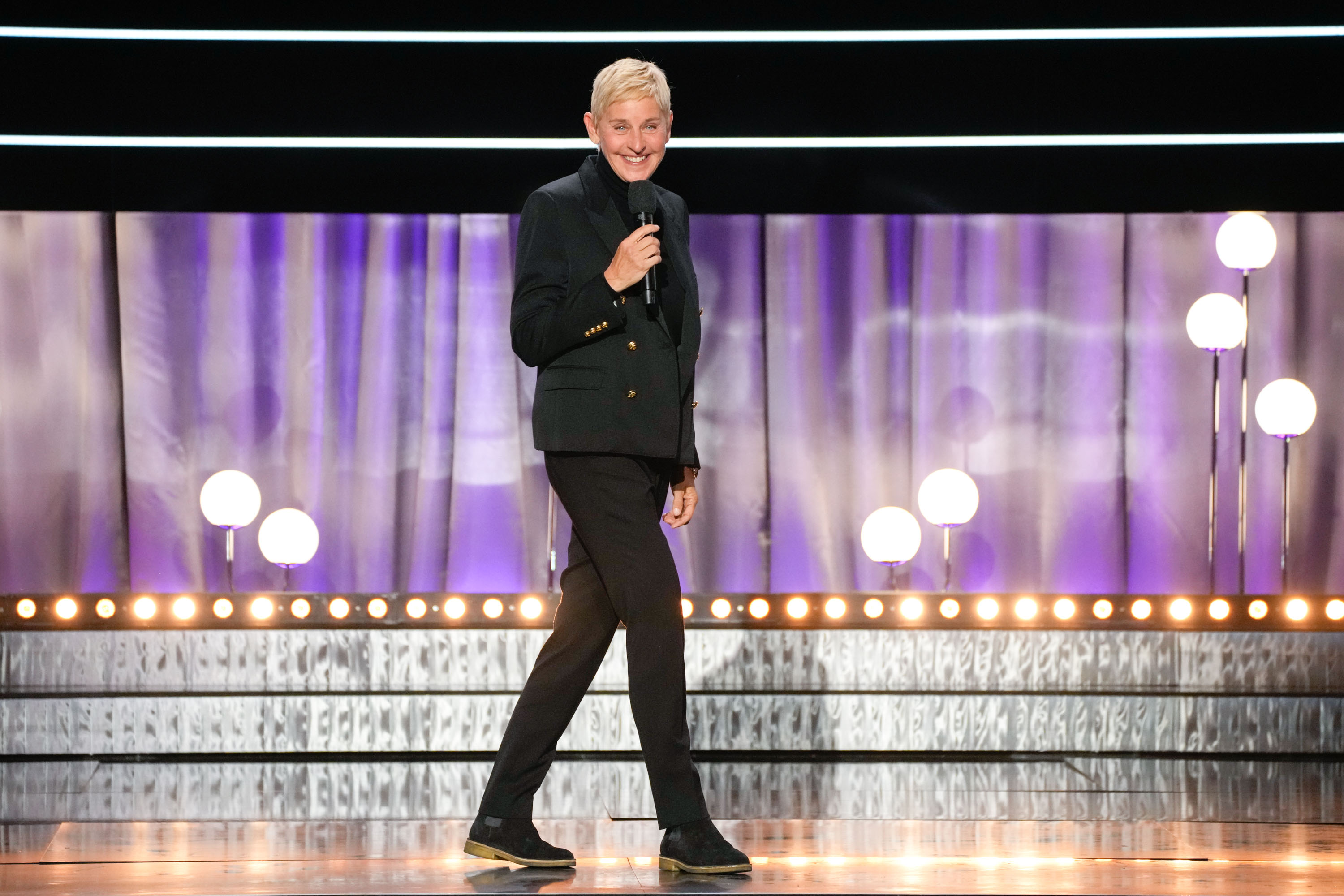
Tom Hanks and wife Rita Wilson were diagnosed with the coronavirus in March, but he recently told NBC News' Lester Holt that they're not completely out of the woods.
Since getting sick, the actor has recovered to the point that he's done interviews about the pandemic, delivered a virtual commencement address and even hosted a remote edition of "Saturday Night Live." Still, he could be at risk of being infected with COVID-19 again, he said.
"We've been paying attention to the results of some blood studies and plasma studies," Hanks, who donated his plasma to help coronavirus patients, told Holt. "We have found out that we have fewer antibodies now than we did at the get-go ... What we've been told is that as the antibodies begin to fade, it's possible that we will once again be susceptible to catching some form of the coronavirus again."
The research into whether antibodies provide immunity is ongoing, Dr. William Schaffner, medical director of the National Foundation of Infectious Diseases in Bethesda, Maryland, told TODAY.
As an April tweet from the World Health Organization described it, "We expect that most people who are infected with COVID-19 will develop an antibody response that will provide some level of protection."
That's still the current school of thought, Schaffner said, but there are major outstanding questions like how much protection do the antibodies offer, if any, and how long will that protection last?
"Conventionally with antibodies going down, your resistance to reinfection would also diminish, but we don't know what level of (COVID-19) antibody is protective," he explained.
Entertainment News
For example, with viruses that cause common colds, the protective antibodies start to diminish after about a year. Then, "people can get reinfected with (the same) strains and get another cold caused by them down the road," Schaffner said.
"Whether this happens with COVID is really not sure," he continued. "We don't know whether these antibodies, first of all, protect. We think they do because that's the history of infectious diseases."
As for the length of protection and how quickly COVID-19 antibodies diminish, that's also up in the air, because this hasn't been studied at the population level, Schaffner said.
"I expect there will be a spectrum," he speculated. "Some people's antibodies will fall off more rapidly; others will take longer to wane. It may well be that you can become susceptible again."
He added that there are no "documented" cases of "second infections" — where there was a "laboratory-documented period of time" that the patient tested negative and then tested positive again. "But it may be much too early to even look at that," he said.
This story first appeared on TODAY.com. More from TODAY:



